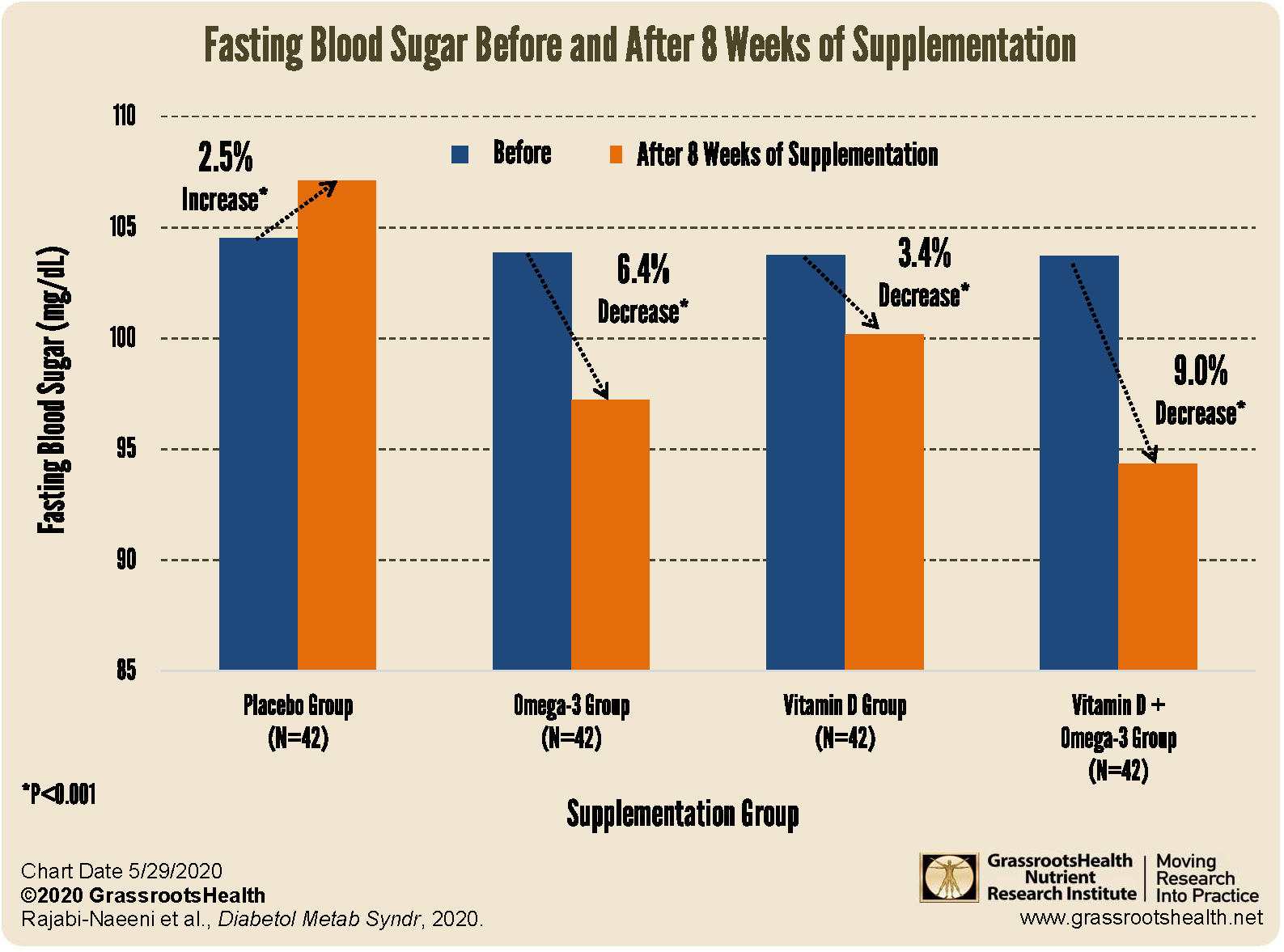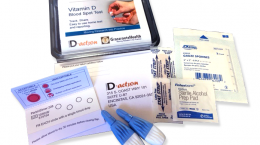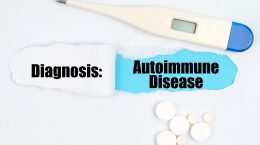Published on June 2, 2020
 The effectiveness of vitamin D and omega-3 fatty acids in the prevention or delay of onset of Type 1 Diabetes has been the main focus of our Type 1 Diabetes Prevention Project, which began enrollment in June of 2018. There is much existing research behind the effectiveness of these essential nutrients to help reduce the risk of Type 1 Diabetes, even some showing they may help stop or reverse Type 1 Diabetes if intervention is done early on after diagnosis.
The effectiveness of vitamin D and omega-3 fatty acids in the prevention or delay of onset of Type 1 Diabetes has been the main focus of our Type 1 Diabetes Prevention Project, which began enrollment in June of 2018. There is much existing research behind the effectiveness of these essential nutrients to help reduce the risk of Type 1 Diabetes, even some showing they may help stop or reverse Type 1 Diabetes if intervention is done early on after diagnosis.
Research has also supported the role of vitamin D itself in reducing the risk of type 2 diabetes among adults with prediabetes and improving beta cell function, and both vitamin D and omega-3s have been shown to improve outcomes and lower inflammation in pregnant women with gestational diabetes.
New Research on Vitamin D and Omega-3s in Pre-Diabetic Women
A triple-blind, clinical trial by Rajabi-Naeeni et al. included a group of 168 women between the ages of 15 and 50, who also had prediabetes with a fasting glucose of 100-125 mg/dL, and a vitamin D level less than 32 ng/ml, to see if vitamin D and omega-3 co-supplementation had any effect on glycemic control and serum lipid profiles. Participants were excluded if they had used vitamin D or omega-3 supplements within 6 months prior to the inclusion date. The women were randomized into one of 4 groups: the placebo group received omega-3 and vitamin D placebos; the omega-3 group took omega-3 supplements and vitamin D placebos; the vitamin D group received omega-3 placebos and vitamin D supplements; and the co-supplementation group received vitamin D and omega-3 supplements. Vitamin D (and vitamin D placebo) was given every two weeks in doses of 50,000 IU while 1,000 mg omega-3s (and omega-3 placebos) were given two times daily, for a total of 8 weeks.
Blood samples were taken at the beginning and end of the 8 week intervention to measure fasting blood glucose, cholesterol, triglyceride, HDL-C, LDL-C, fasting blood insulin, and vitamin D.
What were the results of this study?
The study results showed that those supplementing with both vitamin D and omega-3s had significant reductions in fasting blood glucose, insulin, beta cell function (HOMA-B), and total cholesterol with a significant increase in HDL-C levels (all had a P<0.05). The chart below illustrates the change in fasting blood glucose before and after intervention for each of the study groups.
There was a statistically significant difference in the fasting glucose and fasting insulin changes between those who took both vitamin D and omega-3s and those who took one or the other, or none. Additional effects seen in this study included a significant reduction in triglyceride levels for those taking omega-3s only or both omega-3s and vitamin D, and a small but statistically significant decrease in waist circumference in each of the supplementing groups, with the largest decrease in the group taking both vitamin D and omega-3s.
Are You Getting Enough Vitamin D and Omega-3s?
To know if you are getting enough of these nutrients, make sure you know your Omega-3 Index, and test your level of vitamin D! Testing these levels and taking daily steps to keep your Omega-3 Index at a target of at least 8%, and your vitamin D at a target level of 40-60 ng/ml (100-150 nmol/L), is important for all stages of health. Find out your levels today!
Are You Getting Enough Vitamin D to Help Yourself?
We’re in a time of great crisis that could be greatly affected by making sure you and everyone you know has a serum level of at least 40 ng/ml. Help us help you.
Do you know what your vitamin D level is? Be sure to test today to find out, and take steps to keep it within a target of 40-60 ng/ml or 100-150 nmol/L! Give your immune system the nutrients it needs to support a healthy you and protect yourself from unnecessary diseases.
Through GrassrootsHealth Nutrient Research Institute, you can also test your essential elements magnesium, copper, zinc and selenium, toxins such as lead, mercury and cadmium, as well as your omega-3 levels, inflammation levels and thyroid stimulating hormone (TSH) level. Find out your levels today! Log on to the test selection page (click the link below) to get your tests and see for yourself if your levels can be improved.
Make sure you track your results before and after, about every 6 months!
How can I track my nutrient intake and levels over time?
To help you track your supplement use and nutrient levels, GrassrootsHealth has created the Personal Health Nutrient Decision System called
For each specific supplement, you can track what days you take it, how much, and many other details. This will help you know your true supplemental intake and what patterns of use work for you to reach and maintain optimum nutrient levels. Check it out today!








